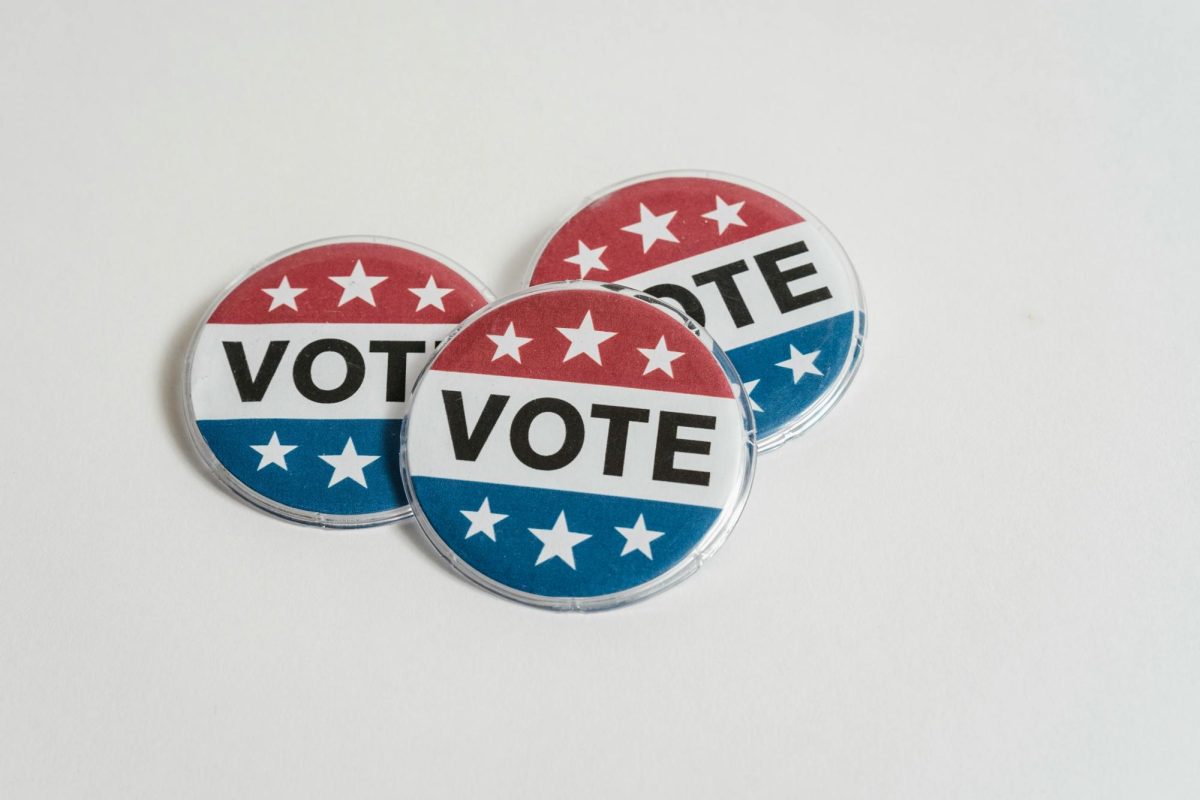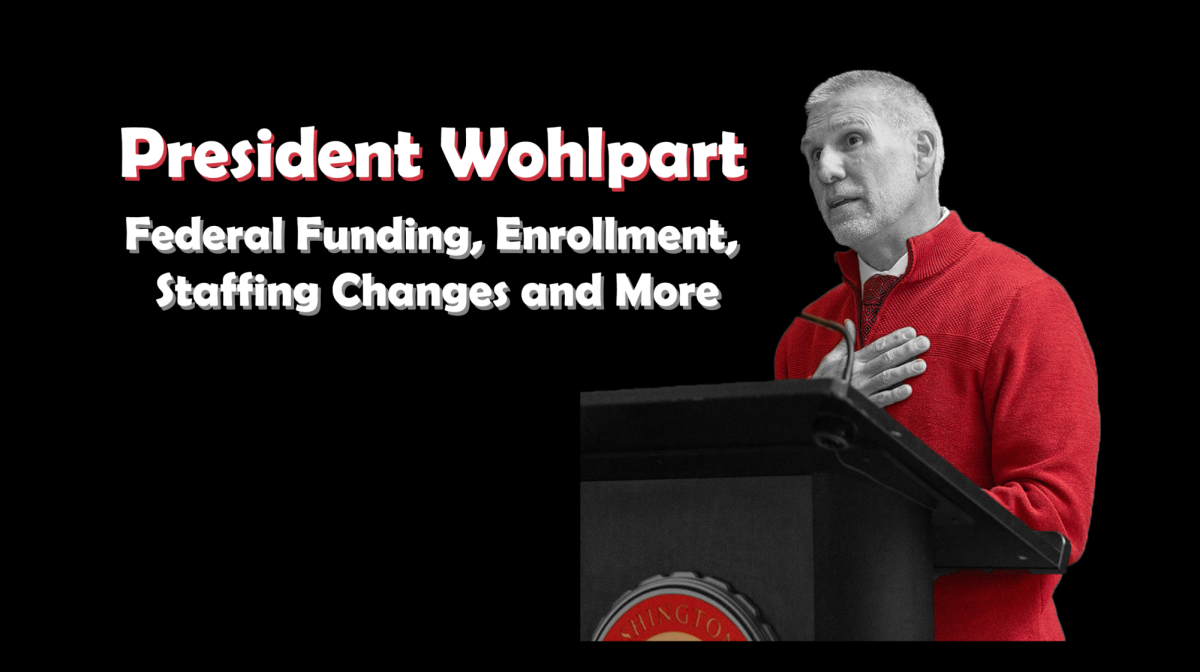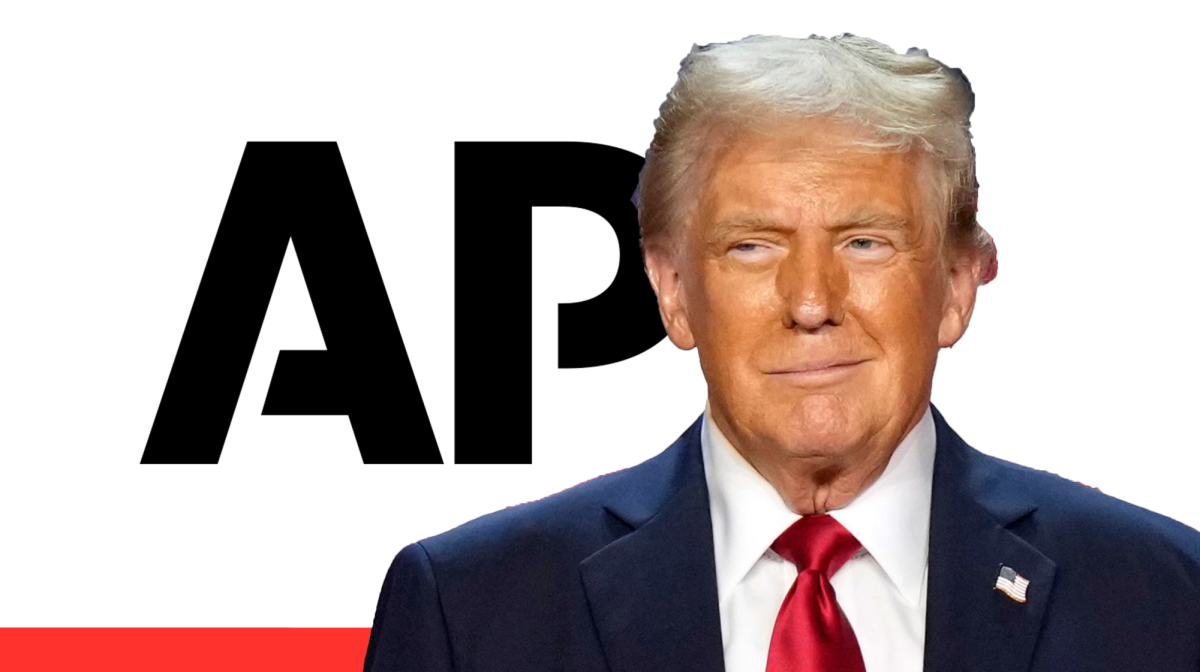To many, the 2024 US presidential election—the last several elections really— has seemed out of the ordinary from what people have come to expect from politics past decades. “All of this really begins with the campaign of Donald Trump in 2016, and his continuous campaign since then,” Sean Reichert, comparative political scientist and Douglas Honors College professor, said. “The 2016 election was definitely a watershed moment in American politics, but we weren’t sure if it was a blip since he [Donald Trump] was only there for one term. The 2020 election was, of course, extraordinary because it happened during the pandemic and had extraordinary turnout.”
The 2024 election has been unique in its own way. “Let’s start on the democratic side with Harris not having to go through a primary,” Reichert said. “And not having to run against the incumbent president but actually be selected by him when Biden chose not to continue running for reelection. That in itself is incredibly unusual and unprecedented, along with Harris being the first woman of color in her position. On the Trump side, there was a president running for a third time for non consecutive office. That has happened, but it’s been a very long time, so that was extraordinary. You have Trump being the oldest candidate to ever run for the presidency and then just the phenomenon that is Trump. All of that makes an extraordinary election and then the results, of course, mark a new ethic in American politics.”
According to Bernadette Jungblut, a CWU professor of political science, what was odd was how results differed from political projections throughout the campaign. “Based on the polls, many people expected a very close presidential election,” Jungblut said. “Especially in the swing states of Arizona, Georgia, Michigan, Nevada, North Carolina, Pennsylvania and Wisconsin — and that turned out not to be the case. I do wonder if this country is not yet ready for a woman of color to be our president.”
In addition to the qualities of the candidates and their campaigns, there was another aspect of this election cycle that made it particularly extraordinary. The intensity of the political division in this country. “It seems to be much more rare for people to seek and consume information from across the political ideological spectrum,” Jungblut said. “And to really think about whether that information should moderate or even change their political beliefs. While this failure to try to learn about and understand the many sides of issues did not cause the political division in the United States, I think it has increased that division.”
To some, it seems that the division is stronger and more impactful than ever. “We live in different realities depending on our party ID,” Reichert said. “We live in different media ecosystems, we have different information. We’re not necessarily in conflict over the same reality. The influence of social media is something we will need to contend with in the foreseeable future. I don’t see how that changes any time soon.”
This shift in how politics are conducted is global. “Some other countries are also experiencing increased political division around issues having to do with the economy, immigration, and ‘freedom’ broadly defined” Jungblut said. “Polarization, highly contentious elections and highly contentious politics are not unique to the United States.”
Countries around the world with similar economic and social climates are having experience not unlike the United States’ when it comes to politics. “We’re seeing a rise of the populist right across all the advanced industrialized democracies, so the United States is not unusual in that regard,” Reichert said. “We’re unique because we are the United States. We’re a large democracy, and also the largest economy of all the industrialized democracies. It’s a kind of strange thing where our politics has influenced politics elsewhere, but we also see these changes organically. Take the immigration issue. That’s not just used here in the United States. We also see it throughout Europe and even elsewhere, and it’s been a very strong issue that we’ve seen the rise of populist right parties responding to.”
Political scientists still have many questions about the future of American politics. “One of the questions that we still don’t know the answer to is once Trump is out of office and done running,” Reichert said. “Whether or not it might revert back to something approaching what we would consider ‘pre-Trump normal,’ or whether it’s completely changed politics.”








